We have arrived in the forest! The research station sits at the jungle edge, a group of huts housing students from the local university, and PhD students studying everything from butterflies to dung beetles. (Yes, it's a beetle that prefers to lay its eggs in refuse. Look at it this way, if he fails, he's fertilizing!) The research community is from Holland, Scotland, Asia, etc. We are the only folks from the United States. We put our tired selves to bed last night after hanging the flour and peanuts from the walls to protect them from the critters.
Sunday dawned hot. Since we were being introduced as new members to the village, it is proper that you go to a town meeting, or a church service. It’s all the same. The word is out about you, so you might as well make a good impression. Today we put on whatever we had that resembled a skirt and went to church. (Ok, Josh wore pants). Then we walked the 20 minutes to the service.
The building was cool inside, made from the local red mud bricks with the coating of sand and cow dung on the finished walls. They are painted white. The floor is red packed dirt. All the ladies are dressed in their finest colors and headscarves. The women and men have benches, and the children sit in front of us on locally woven mats. We try to sneak in the back, but it’s not going to work, as a lady named Harriet in a white shirt, skirt and tie escorts us the place of honor on the front row directly behind the children. We have our own translator, a man with broken English that we barely understand. It is a great honor to have us here, and a rare treat to have the sermon translated into English. We nod and try to pay attention.
A choir of ladies dresses in the same uniform stands behind the pastor, bible aloft, who presides behind a rough-hewn alter -a dirt-smeared structure of wood with a group of field flowers in a cracked glass vase. Some hymns we recognized *Amazing Grace in the local tounge (Rutooro) is one.
The fusion of traditional dance and chanting rose to a fevered pitch several times during the next two hours followed by full 5 minutes of everybody mumbling their own personal messages to god. It was incredibly moving. We all shed tears of amazement. The trio of bongo drums continued for the last hour, dust filled the room, the children in front of us stood on their feet and showed us how it was done, and we clapped and swayed with the music too. What a Sunday. The photos are forthcoming, but computers are primitive here, Internet slow, and it will likely take one hour just for one blog posting. We will have to save the photos till later.
The church is the main sponsor of the Kibale Wood fuel project in this area. It is important for outsiders such as us to work within established community groups like churches and guilds, and this is the local sponsor in Kanyawara Village.
Nobody does work in the fields today. It is the day the women have off (men don't farm). To the extent that they can, females wash, cook, and farm other days, but not today.
This allows the women’s group at the Science Center to meet on Sundays. They create crafts to earn money for their village, and sales go for educational scholarships for the village children. They also find the support of other women helpful. Ugandan women get married very early, sometimes at 13 or 14. Older women have as many as 10 children, and men have more than one wife sometimes, depending on the household income. Many of these women have adopted children of family members and friends who have died from AIDS.
Since the rainy season is just now beginning, tree planting is waiting for a real soaking of the ground. We hope it will happen this week, as the rains seem to be starting. In the meantime, starter plants sit under a shelter at the Science Center growing slowly and waiting to be transferred. They surround us on both sides as we sit on the grass in the small yard, barely 5 inches high, later that afternoon.
An old man walks by and stops, shaking a stick at us and yelling in anger. We are mazunga, (white) and foreign. We have taken animal bones and put them inside the building, sacred bones that hold the spirits of the departed, often medicinal by tradition. Villagers are very superstitious, especially the old ones. In fact everyone uses pet names for each other, in order that the evil spirits cannot locate them.
Every child is given when he/she is born three names. One is the birth order. One is a real family name, and the last is a pet name. There are twenty or so. Because we will be with the villagers and they wish us luck, they have give us all names. Annie is Abooli (cat), Josh is Aralli (lightning) and Janine is Atoki (traveller or spirit). We can't choose our own, but we like what we have been given.
Annie (Abooli) will be teaching a watercolor class this afternoon. We will wait for her to finish, then start setting up for the weekly movie night. Josh is making a soda pop run to the store! A three (3) minute walk away and he returns with hot Fanta orange and hot Pepsi Cola. It's perfect! We are learning how to better appreciate small things in Africa.
So, we have discovered our job here. It is not only to understand what this project is about, but to become a part of it. We always knew we would be bringing back pictures of the progress, but we are discovering the opinions of the locals. This project is about trees and solar ovens, yes. It is about preserving the forest and the primates and wildlife contained in it--yes. But it is about empowering people to change their lives. Our lives are changing in the process, as we begin to understand what it means to them.
We'll be stopping now, as the hard thunder has begun and the power is going out in a few minutes.
Monkey chatters
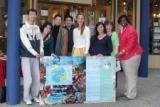


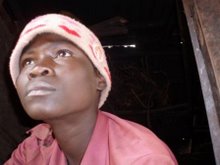
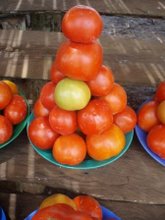
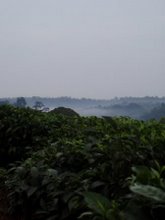
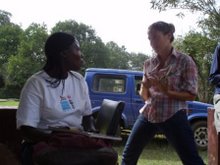
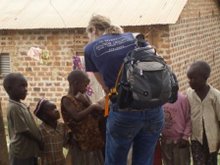
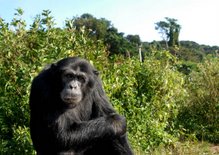
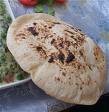

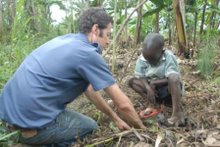
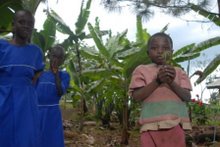
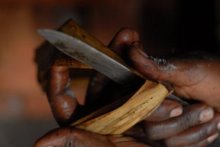
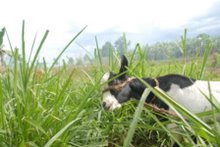
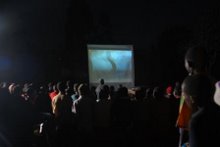
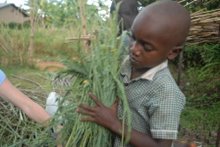
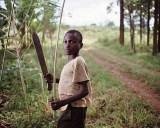
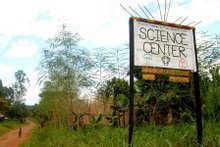
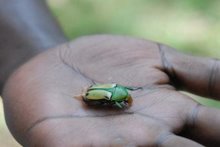
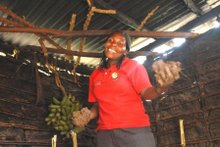
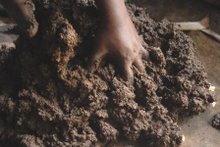
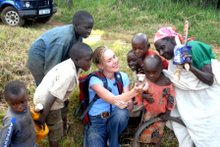
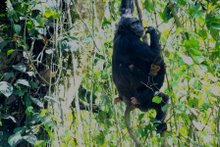
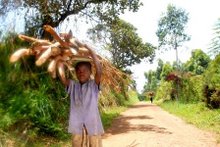
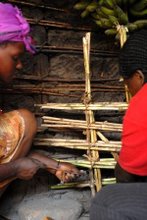
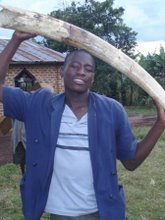
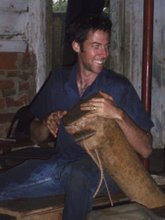
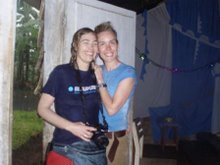
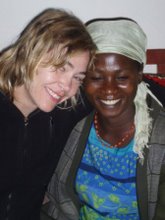
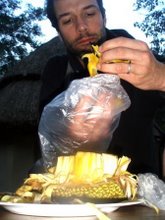

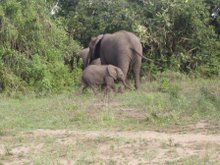
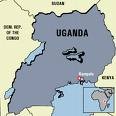

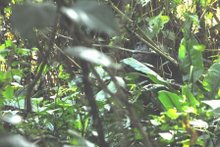
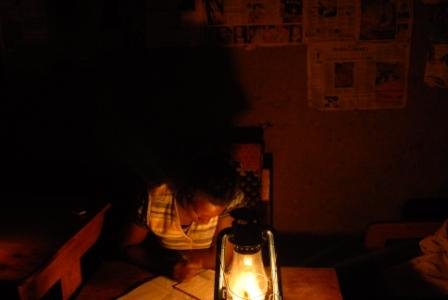
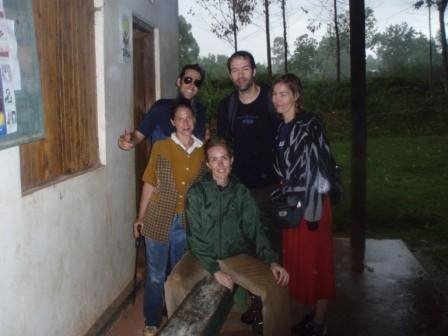
No comments:
Post a Comment